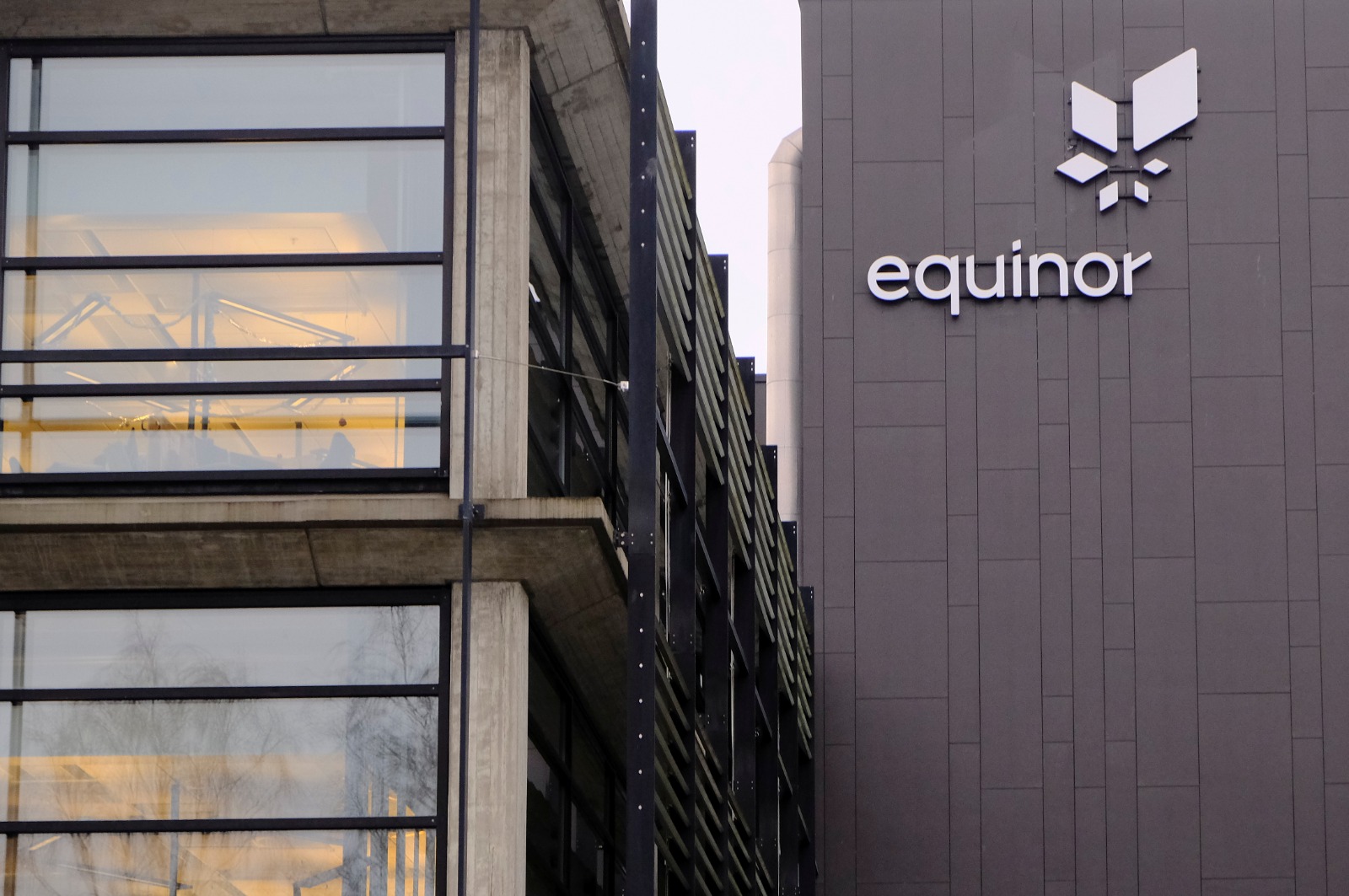Equinor to Sell Its Nigerian Assets: Details
- Posted on February 12, 2023
- Business
- By PETER AGADA

Norway's Equinor has commenced its interest in selling off its stake in the offshore Agbami oilfield. This decision came in after the company made it known that production has been shrinking right from 2019 till date as crude oil theft and oil spillage has been increasing.
However, they are not the only foreign planning on shutting down its operations in Nigeria; western oil giants like ExxonMobil, TotalEnergies, and Shell are also seeking to leave Nigeria due to challenges they face in refining operations.
A report from Reuters said that Equinor had given Standard Chartered the willpower to carry on the sale process, which is expected to raise $1 billion.
Reasons Why Equinor Is Selling Its Asset
Equinor's decision to sell its asset to focus more on profitable areas came in with some reasons you can see below.
Decline in Productivity
For the past three years, Equinor has been experiencing a decrease in productivity. In 2019, the company produced 36,000 barrels of oil equivalent per day (boepd), while there was a decline in production in 2020 as it produced 29,000 boepd. This decline in production has affected the company as it set to sell its assets in the affected region to focus more on more profitable areas.
Signed Deal with National Petroleum Company (NNPC)
In 2022, Equinor decided to launch its sale process after signing with the NNPC to extend by two decades the license for offshore block OML 118, which is also part of the Agbami field.
When Did Equinor Start Operating in Nigeria?
According to the information on its website, the Norwegian corporation has been operating in Nigeria since 1992 and currently possesses a stake of 53.85% in the exploration license OML 129.
Due to European gas prices reaching all-time highs in the wake of Russia's invasion of Ukraine in February of last year, Equinor's profit skyrocketed to a new all-time high, setting a new record for the company.
Approximately one-third of the company's total oil and gas output comes from its operations in countries other than Norway.
According to the company's announcement, it started operating in Nigeria in 1992, using one of the world's largest floating production, storage, and offloading boats.
It says it has drilled ten wells with a discovery rate of forty percent and invested more than three and a half billion dollars. In addition, it is a provider of refined products in the Nigerian market.


Be the first to comment!
You must login to comment